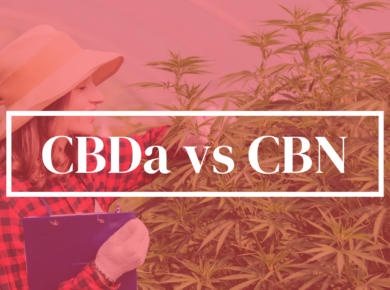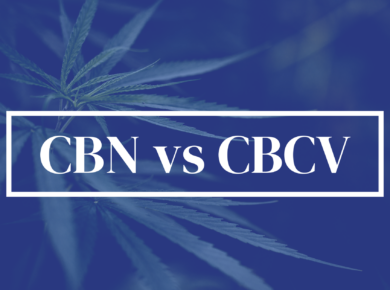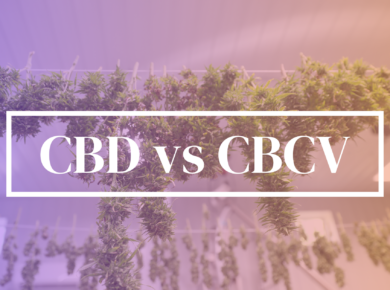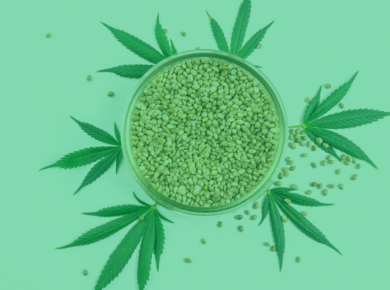Delta 10-THC and CBCa, also known as Cannabichromenic Acid, are unique cannabinoids prevalent in both hemp and cannabis plants. The difference between these compounds lies in their molecular structures and the subsequent effects they induce.
Delta 10-THC, commonly just termed THC, is closely related to the psychoactive side of cannabis. Yet, Delta 10 is less intense than the more renowned Delta 9-THC, often leading to a clearer and more uplifting effect. It’s pivotal to note that Delta-10 THC’s occurrence and concentration can greatly diverge depending on the specific plant strain.
In contrast, CBCa acts as a precursor to CBC, or Cannabichromene. When exposed to heat or ultraviolet light in a process termed decarboxylation, CBCa transitions into CBC. Younger cannabis plants generally contain CBCa in larger amounts. Contrary to Delta-10 THC, CBCa doesn’t directly engage with the body’s cannabinoid receptors but is believed to interact with other receptors, possibly influencing the effects of different cannabinoids.
In sum, while both Delta 10-THC and CBCa derive from hemp and cannabis, they showcase differences in their chemical composition, bodily interactions, and overall outcomes. The multifaceted nature of cannabinoids is truly fascinating, paving the way for continuous discovery and experimentation with these remarkable substances.
Many States allow hemp derived cannabinoids under the 2018 Farm Bill as long as they contain less than .3% D9 THC. Some States have explicitly banned cannabinoids like Delta 8, so check your local rules and regulations before purchasing.
Here’s the rules for Kush.com and more details
Frequently Asked Questions (FAQs)
What Is Delta 10-THC and How Does It Compare to CBCa? Delta 10-THC, found in hemp and cannabis, is recognized for its mind-altering effects, albeit being milder than Delta 9-THC. CBCa, or Cannabichromenic Acid, is a non-intoxicating cannabinoid that turns into CBC (Cannabichromene) when heated or aged.
How Do You Extract Delta 10-THC and CBCa from Hemp? Delta 10-THC is usually extracted via isomerization, whereas CBCa is obtained through decarboxylation, a heating method.
What Are the Purported Uses of Delta 10-THC and CBCa? Delta 10-THC is often incorporated in products for relaxation and overall well-being. CBCa, though less researched, is typically found in wellness products. However, these uses aren’t medically validated.
Do Delta 10-THC and CBCa Have Legal Distinctions? Delta 10-THC’s legality can differ due to its psychoactive nature, while CBCa, being non-psychoactive, is generally legal where hemp derived cannabinoids are allowed. Always consult local guidelines before acquiring or using these compounds.
Can You Combine Delta 10-THC and CBCa? Yes, these cannabinoids can coexist in products. However, their effects can greatly differ based on the user and product formulation. Always consume responsibly and seek expert advice for any uncertainties.
Shop
Similar Product Searches You Might Be Interested In:






